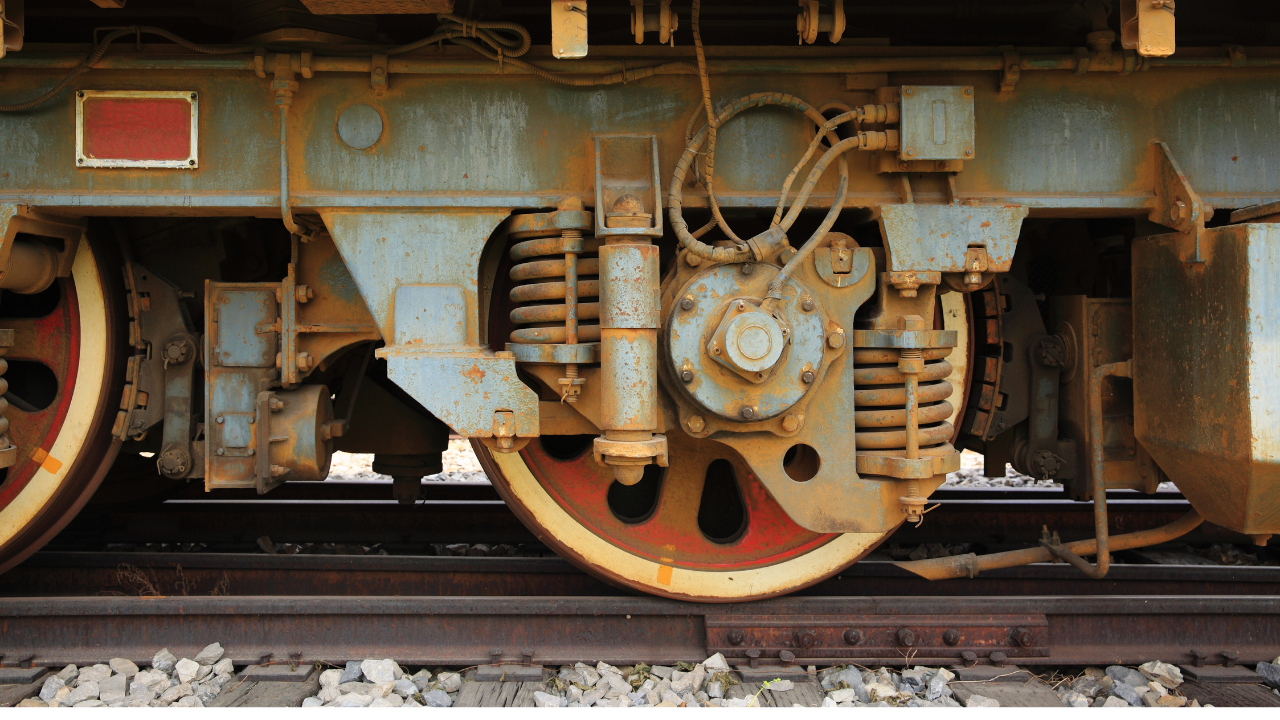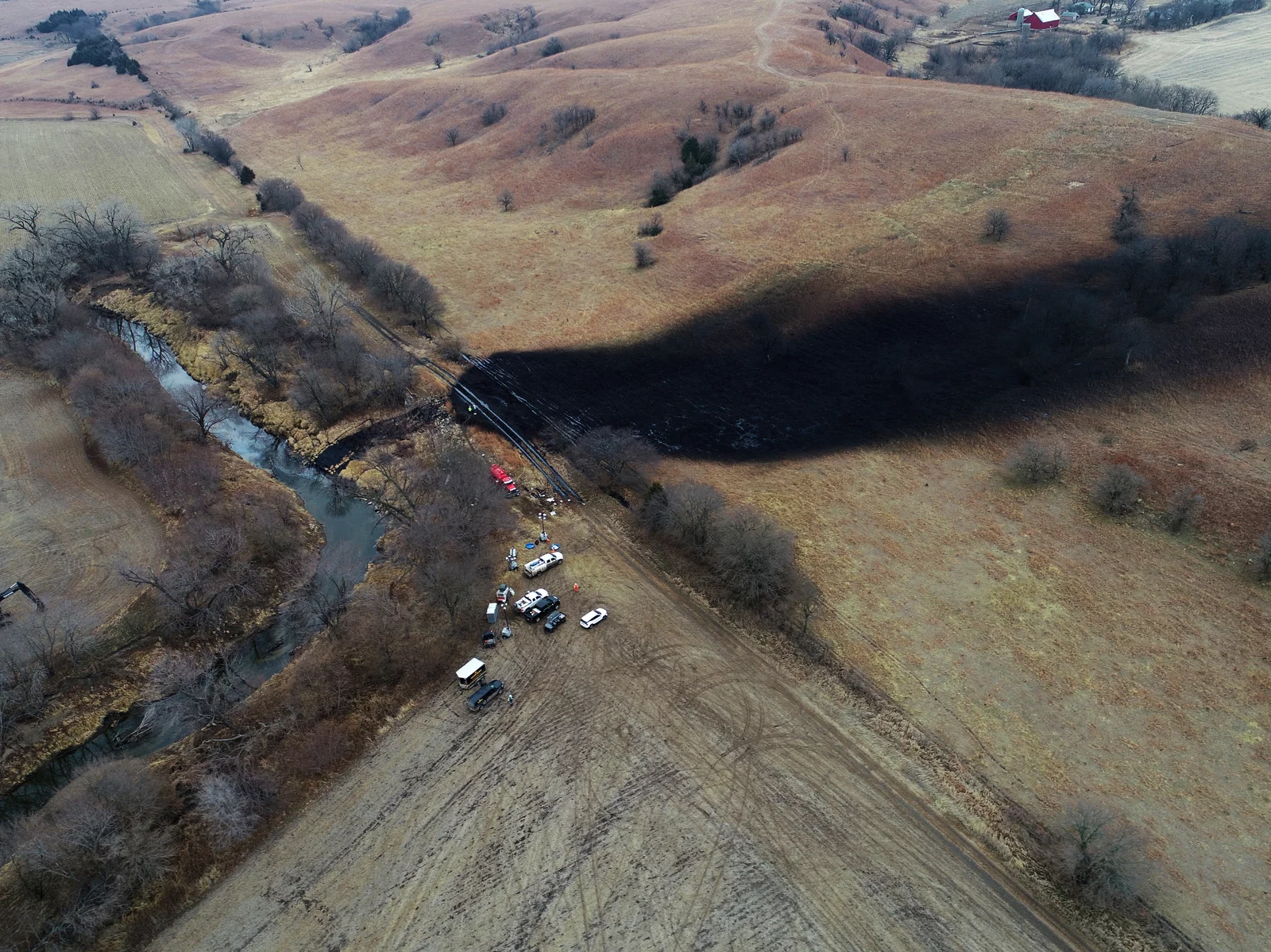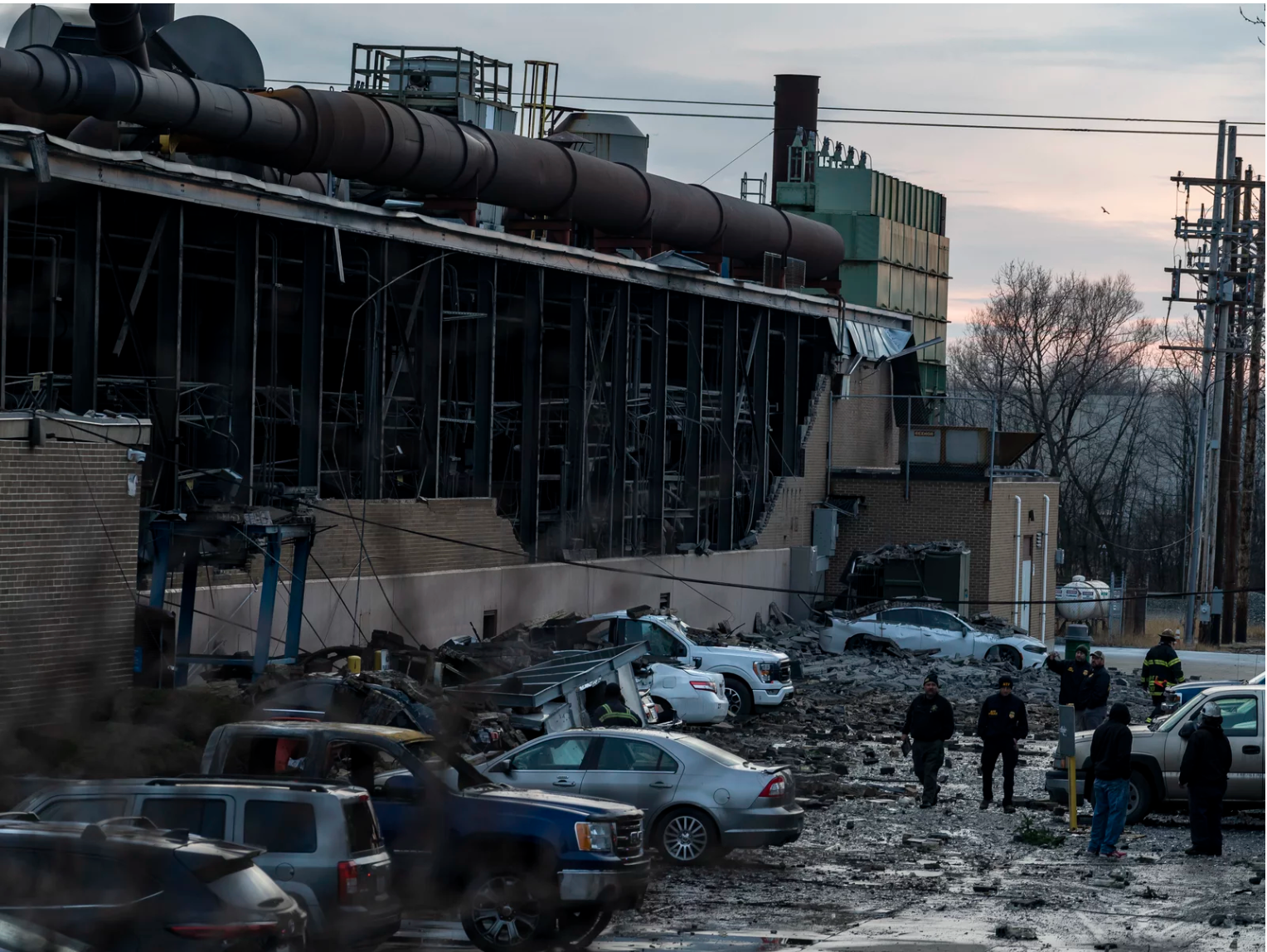The Unfilled Seats: Exploring the School Bus Technician Gap
Natalie Johnson
Posted 06/28/2023
Many school districts are facing a pressing issue that has far-reaching implications for the safety and efficiency of school transportation. As we’ve seen in other industries, it’s becoming increasingly difficult to hire and retain experienced maintenance technicians. This is no different in the world of diesel mechanics. Some schools are looking to increase pay to compete with the trucking industry while others are employing their students to perform school bus maintenance.
Across the country school districts are feeling the impact of the diesel technician shortage, the scarcity of qualified professionals is having a profound impact on school bus maintenance. School districts and transportation departments are facing obstacles hiring diesel technicians who are specifically certified as school bus mechanics, capable of working on these specialized vehicles, and authorized by the state. The search for experienced individuals willing to work for the government has proven to be a daunting task, especially since once-hired technicians do not remain in the field for long, intensifying the problem.
Given the critical nature of safely transporting students, school buses require daily inspections before they embark on their morning routes. Without an adequate number of skilled technicians, these inspections can be delayed or carried out hastily, potentially compromising safety. The scope of work for a single school bus technician can encompass up to 20 buses, with approximately 500,000 buses in the industry, an estimated 25,000 school bus technicians are needed.
However, the impending retirement of 40-50% of technicians by 2030 means an additional 12,000 school bus technicians must be recruited to meet industry demand. This shortage is further exacerbated by increasing competition from other sectors, such as trucking, aviation, and construction, which also require skilled technicians.
In North Carolina, school districts are feeling the effects of this shortage as they struggle to keep up with required maintenance tasks. During Charlotte-Mecklenburg District’s last inspection, 27% of the 108 buses inspected were removed from service due to serious defects. The defects ranged from a lack of engine oil and transmission fluid to a failed braking system. The district attributes the rise in maintenance problems to the ongoing shortage of skilled mechanics.
As the number of technicians working for the school system has decreased, maintenance failures have increased. Currently, CMS has 17 technician vacancies out of the desired 47, leaving only 30 employees responsible for all of the maintenance work. The remaining mechanics reported feeling rushed as they attempted to keep up with the workload.
Nearby counties have also felt the impact of this shortage, Union County Public Schools reported technician vacancies led to 25% of their buses being pulled off the road for safety defects and Wake County Public School System reported they are at a 31% mechanic vacancy rate which has made it difficult to keep buses road worthy. In West Virginia, some mechanics are having to fill in as school bus drivers, further impacting their ability to focus on maintenance duties. School systems have increased pay and incentivized new hires with signing bonuses, but other proactive measures may be necessary to hire and retain technicians.
In Texas, Killeen Independent School Districts (KISD) is taking steps to prepare their students for future careers in automotive mechanics and address their maintenance needs. The Automotive Maintenance Light Repair Program offered during the summer provides students a paid opportunity to learn how to work with diesel mechanics and school bus components. Students are involved in a variety of maintenance and repair activities including installing transmissions, repairing air conditioning systems, inspecting brakes, and rotating tires. The program provides invaluable hands-on experience and gives students a glimpse into the world of diesel mechanics leading many students to express interest in pursuing a career in automotive/diesel mechanics upon graduation.
The shortage of school bus technicians poses a significant challenge for school districts nationwide, impacting maintenance efficiency and student safety. The retirement of experienced technicians, difficulty in hiring qualified professionals, and competition from other industries continue to exacerbate the problem. School districts are experiencing the consequences firsthand, with buses being taken out of service and maintenance failures increasing. Innovative programs and proactive measures are necessary to bridge the gap and ensure the reliable transportation of students.


Natalie Johnson
Natalie Johnson is the previous editor/website administrator for MaintenanceWorld.com, and is currently a student at Campbell University Norman Adrian Wiggins School of Law.
Related Articles

Cardinal Manufacturing, Helping to Bridge the Manufacturing Skills Gap

South Carolina Ranked as the #1 State for Manufacturing

The Decade of American Reshoring
Lost Radioactive Capsule Proves Preventive Maintenance is as Important as Ever

HBD Condition Monitoring Devices at the center of Ohio Derailment

Failure Analysis Uncovers the Cause of the Keystone Oil Spill




